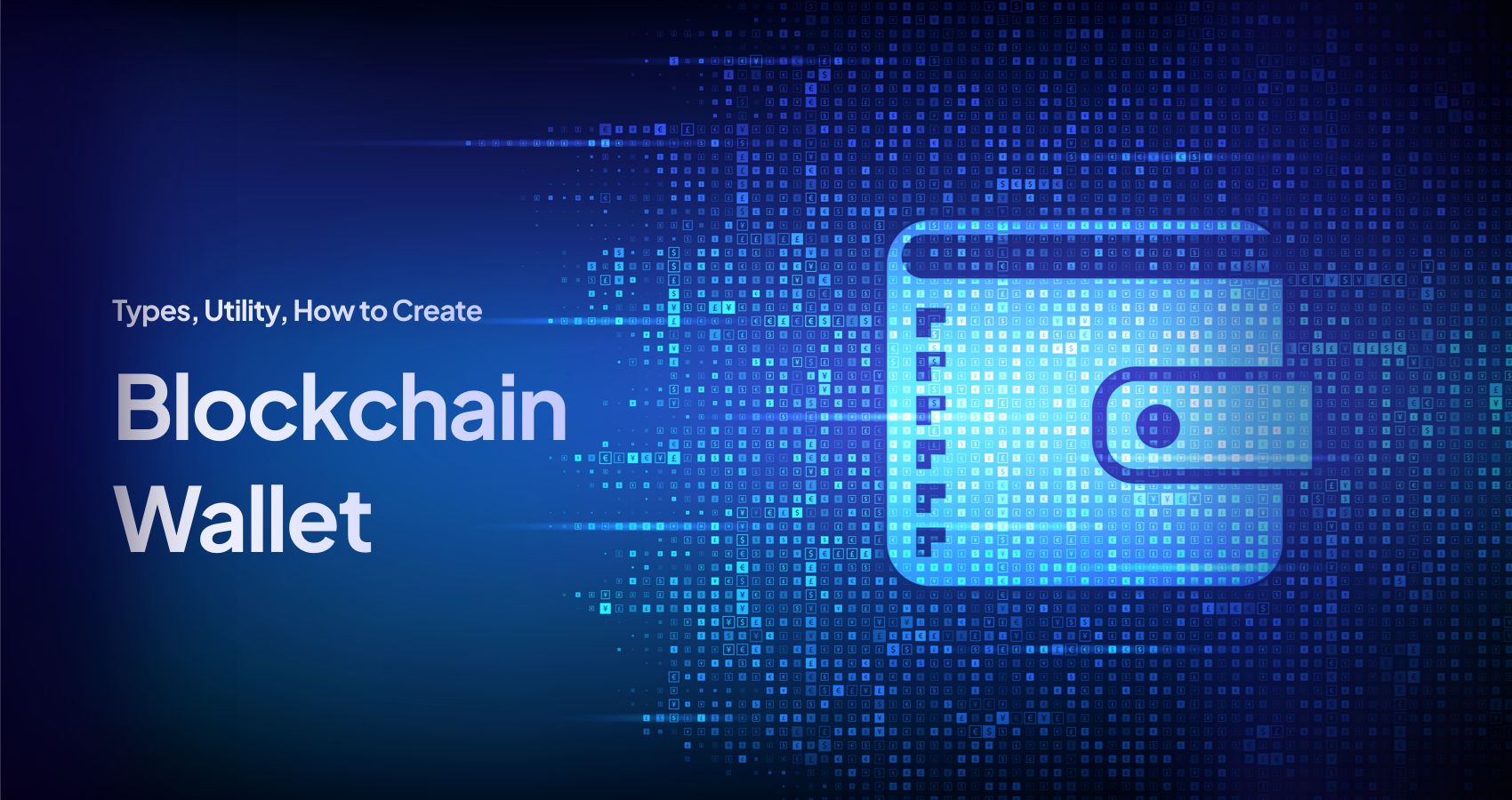In recent years, cryptocurrency has emerged as a revolutionary force in the financial world. As more individuals and institutions adopt digital currencies like Bitcoin, Ethereum, and others, managing these assets has become increasingly vital. While many users rely on custodial wallets, there has been a significant shift toward non-custodial crypto wallets MetaMask. These wallets, which allow users to have full control over their funds without relying on third-party intermediaries, are pivotal to the decentralized nature of blockchain technology. In this article, we explore the unique features of non-custodial wallets and their growing importance in the crypto ecosystem.
What is a Non-Custodial Crypto Wallet?
A non-custodial crypto wallet is a digital wallet that gives users full control over their private keys, the critical cryptographic keys used to access and manage their cryptocurrencies. Unlike custodial wallets, where a third-party service (like an exchange or wallet provider) holds the private keys on behalf of the user, non-custodial wallets ensure that the user is the sole person responsible for the security of their assets. This approach significantly enhances privacy, security, and the overall user experience.
The Rise of Decentralization
The very foundation of cryptocurrencies is decentralization—the idea that no single entity should have complete control over a financial system. Non-custodial wallets align perfectly with this philosophy by enabling users to maintain full ownership of their digital assets. This is in stark contrast to custodial wallets, where users are at the mercy of third parties. In a custodial setup, if the provider is hacked, experiences a technical failure, or faces legal issues, users could lose access to their funds.
Non-custodial wallets, however, protect users from such vulnerabilities by empowering them to control their assets independently. This self-sovereignty is a core tenet of the cryptocurrency movement and reinforces the notion that “not your keys, not your coins.”
Key Advantages of Non-Custodial Wallets
- Security and Control: With a non-custodial wallet, users retain control over their private keys, making it impossible for any third-party service to freeze or seize their funds. The private key is typically stored locally, away from online threats, reducing the risk of hacks. However, this also means users must take extra care not to lose or share their private keys, as recovery can be difficult without them.
- Privacy: Non-custodial wallets often require less personal information from users, ensuring a greater level of privacy. Users can interact with the blockchain network directly, without relying on a centralized platform that could potentially track their activities. This is especially important in an era where digital privacy concerns are at an all-time high.
- Ownership and Autonomy: By using a non-custodial wallet, individuals enjoy true ownership of their assets. This autonomy is critical in the context of the broader financial system, where banks or governments often exert significant control over people’s money. Cryptocurrencies, facilitated by non-custodial wallets, offer a decentralized alternative to traditional financial systems.
- Access to DeFi and Web3: Non-custodial wallets are central to the thriving decentralized finance (DeFi) ecosystem and the broader Web3 movement. By interacting directly with decentralized applications (dApps), decentralized exchanges (DEXs), and smart contracts, users can participate in a range of financial services without needing a third-party intermediary.
- Cross-Platform Compatibility: Many non-custodial wallets are designed to work across multiple platforms, such as desktop computers, mobile phones, and even hardware wallets. This flexibility makes them more accessible and user-friendly for crypto enthusiasts across different devices and use cases.
Challenges of Non-Custodial Wallets
While the advantages of non-custodial wallets are clear, there are also challenges that users must consider:
- Responsibility for Security: Unlike custodial wallets, where the provider typically offers a recovery option, non-custodial wallet users are entirely responsible for securing their private keys. Losing a private key means losing access to the assets forever, making it crucial for users to back up and securely store their keys.
- User Experience: For beginners, managing a non-custodial wallet can be complex and overwhelming. The learning curve associated with understanding private keys, backup phrases, and encryption can be a barrier to entry for those new to the world of cryptocurrencies.
- Vulnerability to Human Error: Since the user is responsible for the security of their wallet, human error can lead to significant losses. For instance, sending funds to an incorrect address or failing to back up a wallet properly can have irreversible consequences.
The Future of Non-Custodial Wallets
As cryptocurrencies continue to gain mainstream adoption, the demand for non-custodial wallets is likely to increase. Technological advancements, such as multi-signature wallets and improved user interfaces, are making these wallets more accessible and secure. Additionally, as decentralized finance (DeFi) platforms grow in prominence, non-custodial wallets will become even more integral to the Web3 ecosystem.
